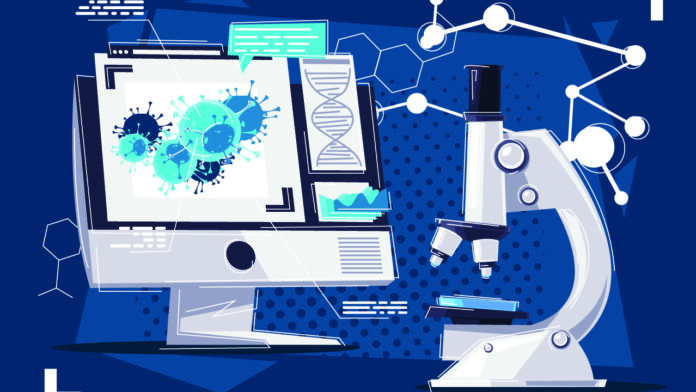Google is at the forefront of medical innovation with the development of an AI-powered microscope, aptly named the “Augmented Reality Microscope” (ARM). The extraordinary technology, created in collaboration with the Department of Defense, harnesses the capabilities of artificial intelligence to enhance the process of identifying cancer cells and pathogens. By overlaying real-time visual indicators like heatmaps and object boundaries, the ARM aims to make the classification of samples significantly more efficient and accurate.
Enhancing Medical Diagnosis with AI-powered Microscope
The ARM project, initially unveiled in 2018, has now produced 13 prototypes. While these devices have not yet been utilized for diagnosing patients, they represent a promising step towards more advanced medical tools. The ARM’s primary objective is to be seamlessly integrated into existing light microscopes commonly found in hospitals and clinics. Once integrated, these ARM-equipped microscopes can provide a diverse range of visual feedback, including text, arrows, contours, heatmaps, and animations, tailored to specific diagnostic goals.
Google’s Commitment to Artificial Intelligence in Healthcare
The Department of Defense’s Defense Innovation Unit has brokered agreements with Google to facilitate the distribution of ARM within the military. It is anticipated that some government users may have access to this technology as early as this fall. However, it’s worth noting that the cost of the ARM is estimated to range between $90,000 and $100,000, which may pose challenges for local healthcare providers in terms of affordability.
Google’s foray into AI-powered healthcare tools is not a one-off endeavor. The company has consistently invested in AI technologies that enhance diagnostic accuracy and address healthcare workforce shortages. By partnering with startups and directing substantial investments into AI for healthcare, Google aims to bridge the gap in medical services where access to skilled personnel is limited. These efforts align with the World Health Organization’s projection of a global shortage of 15 million healthcare workers by 2030, emphasizing the critical need for innovative solutions like the ARM.
Also read: Google’s Duet AI Takes the Reins in Email Composition


























